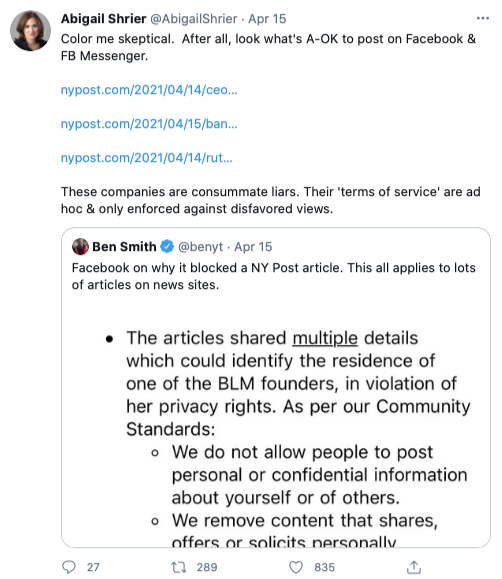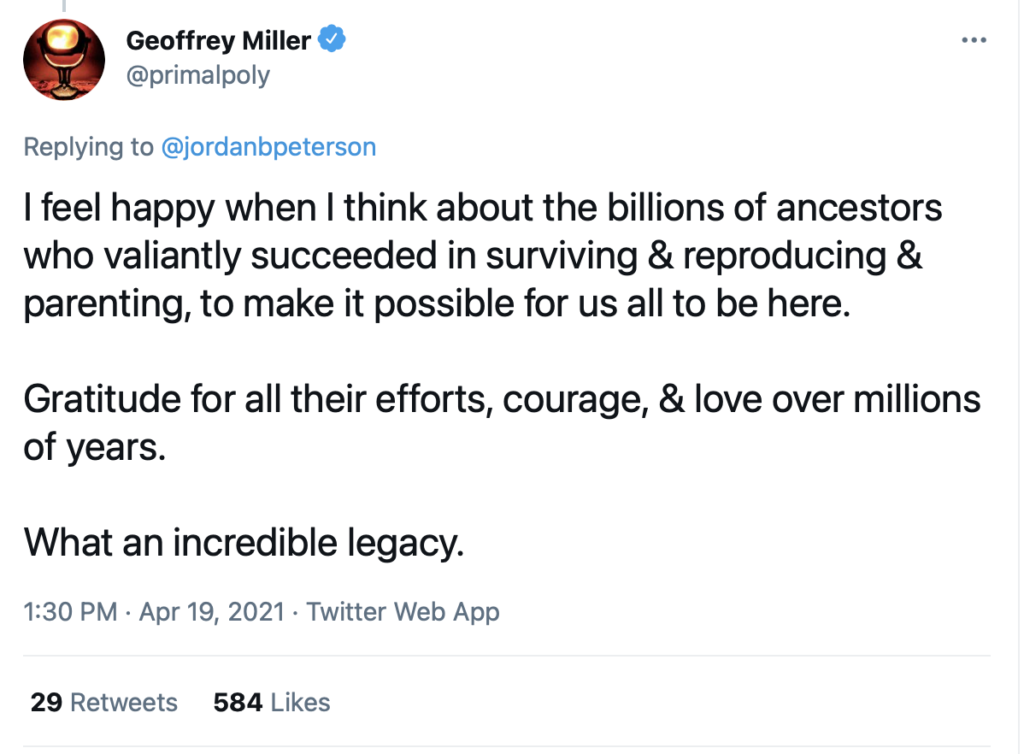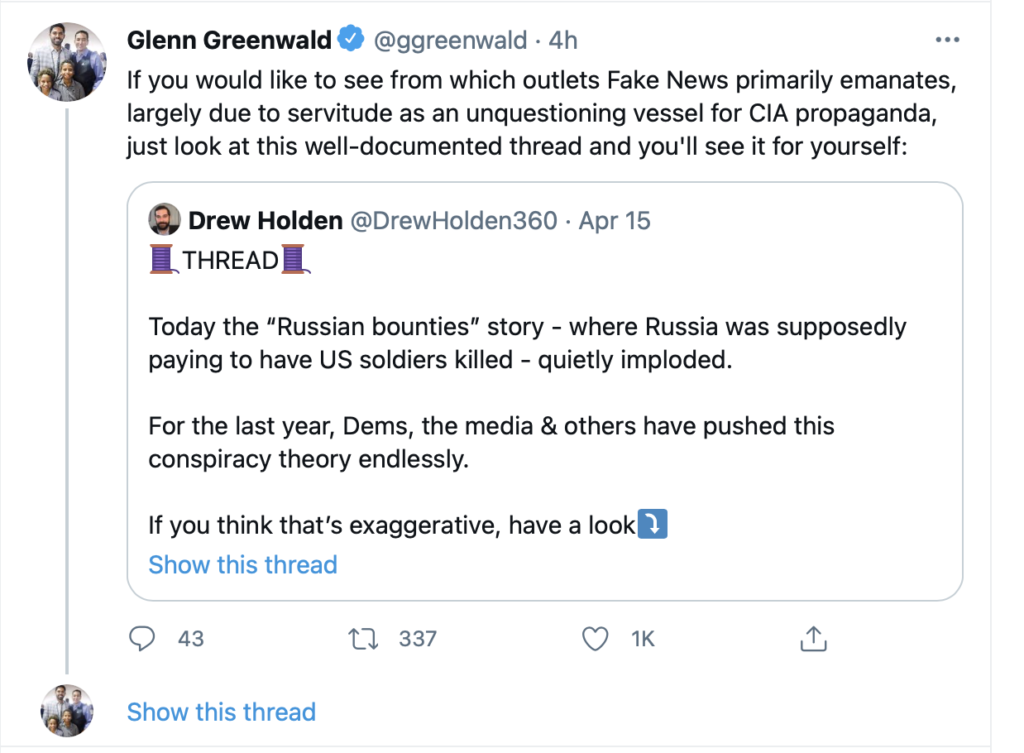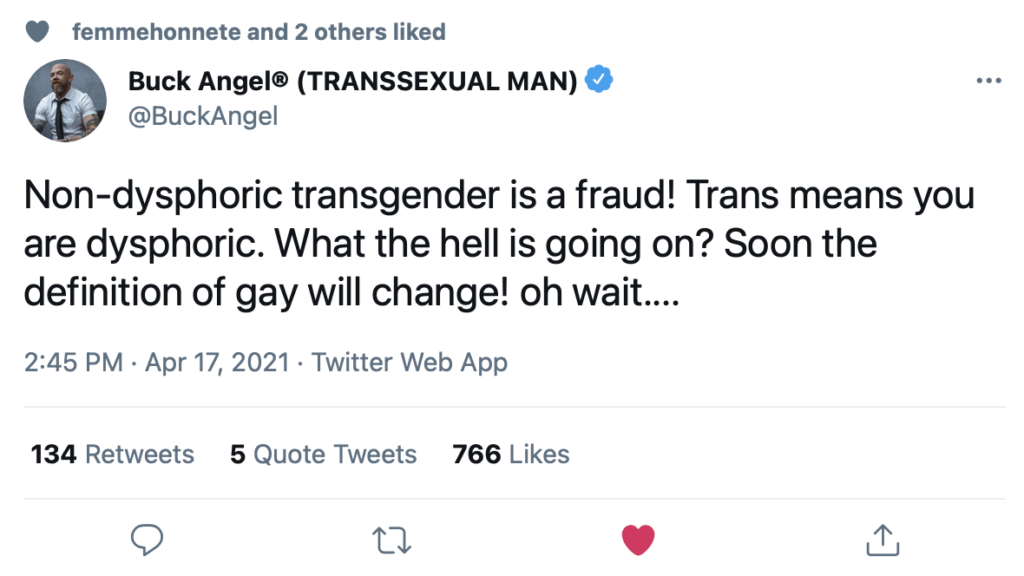For many people it is an interesting fact that the co-founder of organization Black Lives Matters has gone on a expensive home buying spree. Hasn't this story been told hundreds of times over the years when famous people do some expensive signaling? It sometimes raises interesting questions about where these people got all of that money. In this case, it was determined by the New York Post that Patrisse Khan-Cullors bought four houses worth $3.2M. In a country that values free speech, information should flow and people can make of these stories what they want. For some people it won't be a big deal. For others, these purchases are controversial, because it suggests that money that should be going to a non-profit cause is being siphoned off into luxury.
The story about this story is much more interesting. It was reported by the New York Post. But Facebook (and Instagram) will not allow you to share this story, as discussed by FOX:
Facebook has barred users from sharing a New York Post report from last week about the controversial property acquisitions by Black Lives Matter co-founder Patrisse Khan-Cullors.
Users of the social media giant noticed on Thursday they could not share the link to a story that shed light on Cullors' multi-million-dollar splurge on homes. Fox News can confirm that an error message appears whenever users try sharing the article on their personal Facebook page or through the Messenger app.
When users attempt to send the link, an error message alleges that the article "goes against our Community Standards."
The New York Post published this follow-up story today, where Khan-Cullors claimed in a strangely narrowly-tailored defense: "“I have never taken a salary from the Black Lives Matters Global Networks Foundation,” she also said Thursday."
Again, this real estate buying spree could be an interesting story for many people, especially for those who wonder whether their donations to BLM (and its many affiliates) are really helping struggling black people. The NYP adds: "But in insisting she did not take a salary from the organization’s non-profit foundation, Khan-Cullors left unsaid whether she was paid through BLM’s network of similarly named for-profit entities." Shouldn't people be able to freely share this information and make up their own minds about whether it is interesting?
Numerous Facebook users, however, were blocked from sending the NYP story. One of those people, Abigail Shrier, was blocked from sending it as a private message on FB Messenger. Outraged, she wrote: "Facebook will not allow you to post this NY Post story or even to message it to another person. (I just tested it). So Facebook is now effectively opening your mail and reading the contents for ideologically objectionable material."
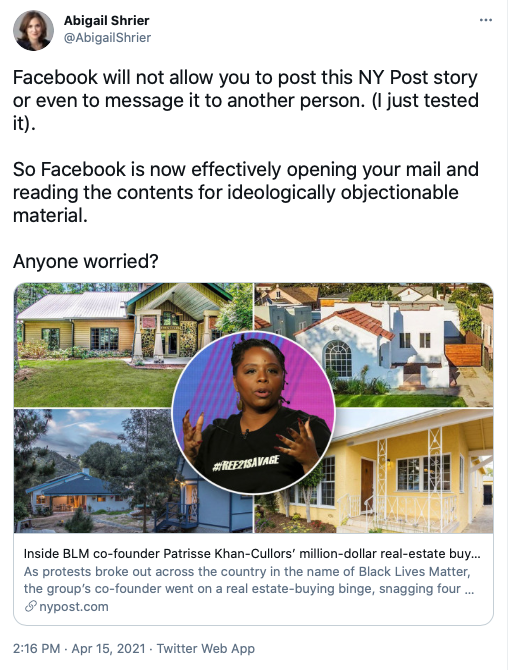
Shrier (who has been victimized by silicon valley regarding her book--and see here) (with the modern version of the ACLU joining in with this censorship) is following up on this disturbing censorship.
